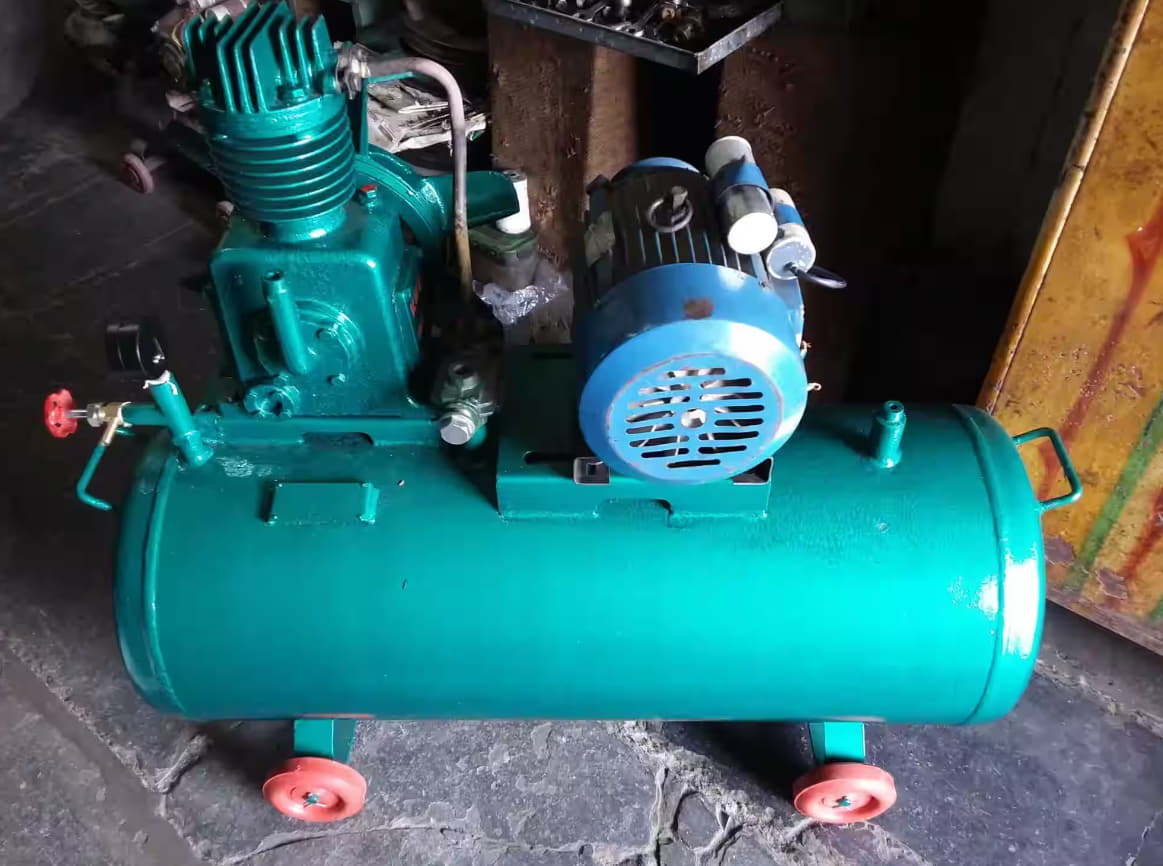Keeping your air compressor in top shape is crucial for its performance and longevity. Regular checks and maintenance can keep your machine running efficiently, minimizing the risk of unexpected breakdowns and costly repairs. Here are five strategies to make your air compressor maintenance more effective.
1. Regularly Inspect for Leaks
Leaks are one of the most common problems with air pumps. Not only do they waste energy, but they can also significantly reduce the efficiency of your machine. Regular inspections can help you identify and fix leaks before they cause serious damage.
Check all fittings, connections, hoses, and seals for signs of wear and tear. A hissing sound often indicates a leak. If you’re unable to locate the leak visually or audibly, you might need to use a leak detection solution.
2. Keep it Clean
Just like any other piece of equipment, cleanliness plays a crucial role in the performance of your air compressor. Dirt and debris can clog the intake vents and reduce the efficiency of your machine. Make sure to clean the vent regularly to ensure optimal airflow.
3. Monitor Oil Levels
For oil-lubricated compressor models, monitoring oil levels is vital. Insufficient oil can lead to friction between moving parts, leading to wear and tear. On the other hand, too much oil can cause a different set of problems, including a reduction in the compressor’s performance.
Always check the oil level in accordance with the manufacturer’s guidelines. If needed, top it off with the recommended type of oil.
4. Regularly Change Air Filters
Air filters prevent dust and debris from entering your compressor. Over time, these filters can become clogged, reducing your machine’s efficiency and potentially damaging other components. Regularly changing your air filters can prevent this issue.
The frequency of filter changes depends on your usage and the environment in which you operate your compressor. However, as a rule of thumb, filters should be changed every six months or when they show signs of clogging.
5. Schedule Routine Servicing
Even with regular care, your compressor will benefit from professional servicing. An expert can identify potential issues that may not be visible to the untrained eye and can perform the necessary adjustments to keep your compressor running smoothly.
Consider scheduling routine servicing at least once a year. This proactive measure can extend the life of your compressor and optimize its performance.
In conclusion, effective air compressor maintenance involves regular inspection for leaks, keeping the machine clean, monitoring oil levels, changing air filters regularly, and scheduling professional air compressor servicing. By following these strategies, you can ensure your compressor operates at peak performance and extends its lifespan.

